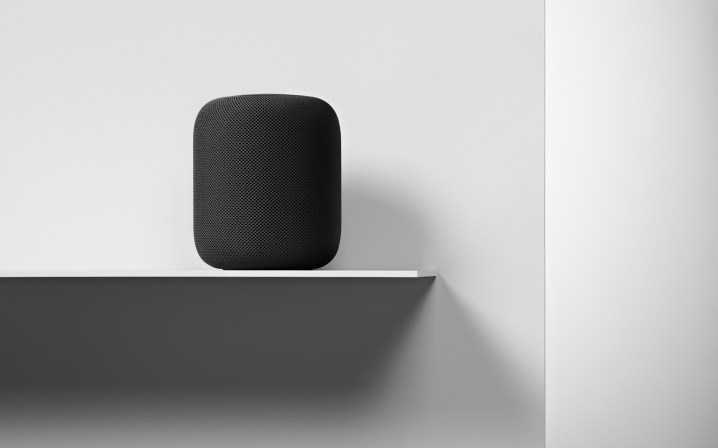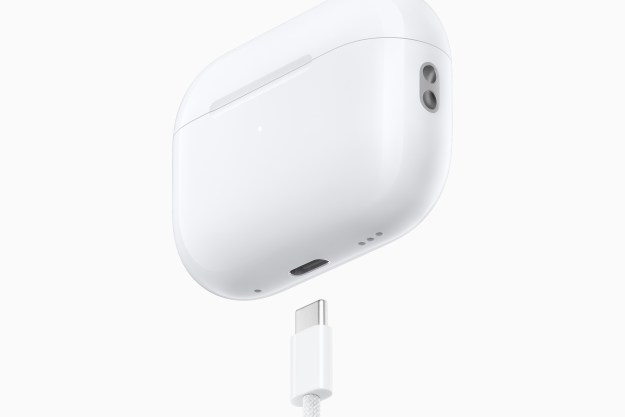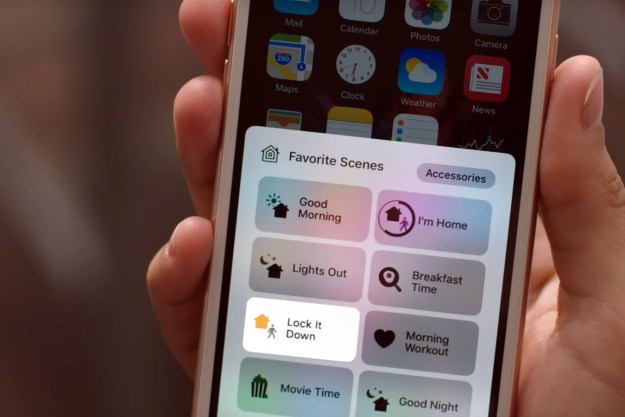
Apple got into the smart speaker game late and it hasn’t been able to make up much ground. While the HomePod is a premium-quality speaker, Apple is going to try to get it into more homes by dropping the price. The company announced on Thursday, April 4, that it will give the Apple HomePod a permanent $50 price break, retailing for $299.
This won’t be the first time that Apple has dropped the HomePod below the $300 price mark. During the holidays, the company slashed $100 off the retail price and sold the smart speaker for as low as $249. That was just a temporary discount to boost sales at a time people are spending more, though. This latest announcement is a permanent price break.
While the price drop will be a welcome development for Apple fans who have been holding out on purchasing the smart speaker, the price point still keeps the HomePod pretty safely in the premium category. It’s still considerably more pricey than its primary competitors including Amazon’s Echo speaker and the Google Home. Both of those companies also offer smaller, cheaper versions of their speakers. Apple has yet to create a smaller version of its smart speaker, opting instead to offer a high-quality speaker with Siri functionality.
Apple’s decision to drop the price on the HomePod might be an example of too-little-too-late. While the company’s late start left it trailing in sales behind Amazon and Google, the lack of affordable option has really left the HomePod as a niche speaker for people who really love high-quality sound and the Apple ecosystem. Siri typically lags behind other voice assistants in functionality, so Apple is unlikely to win people over that way. Perhaps most troublingly, the HomePod doesn’t always play nice with music streaming services other than Apple Music.
While Apple tries to figure out what price will entice people to adopt the HomePod, Amazon and Google continue to grow their market share. Earlier this year, Amazon announced it had sold more than 100 million devices that are enabled by its Alexa voice assistant and Strategy Analytics believes Echo speakers make up about 63 percent of the smart speaker market.
Editors' Recommendations
- AirPods 4: Everything we know about Apple’s next wireless earbuds
- What is AirPlay 2? Apple’s wireless sharing system explained
- SharePlay is coming to Apple TV and HomePod
- Echo Pop vs. HomePod (Gen 2): is the HomePod worth its added cost?
- New Yale Assure Lock 2 models get fingerprint scanner, support for Apple Home keys


